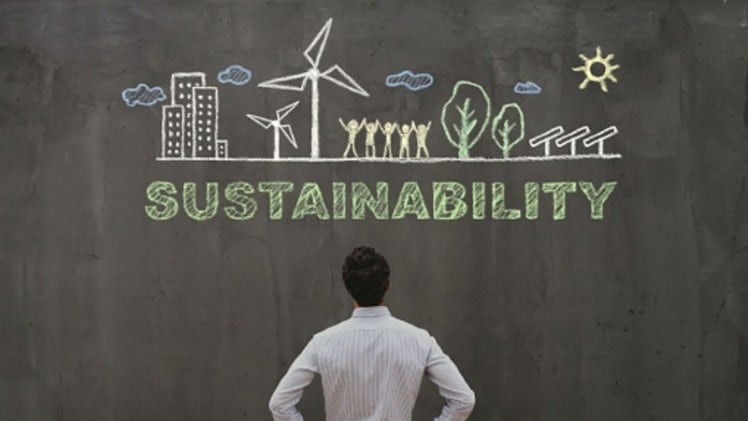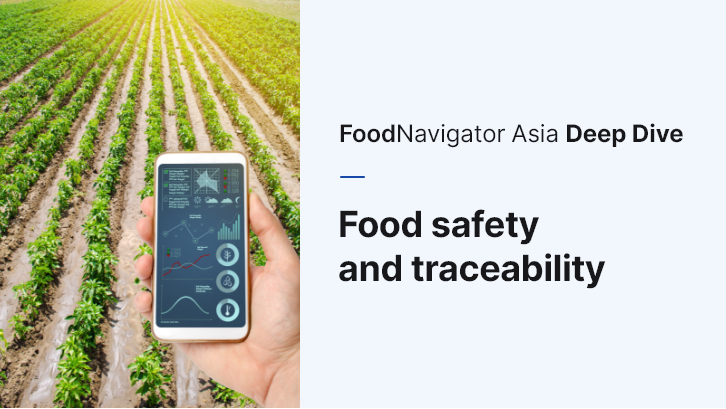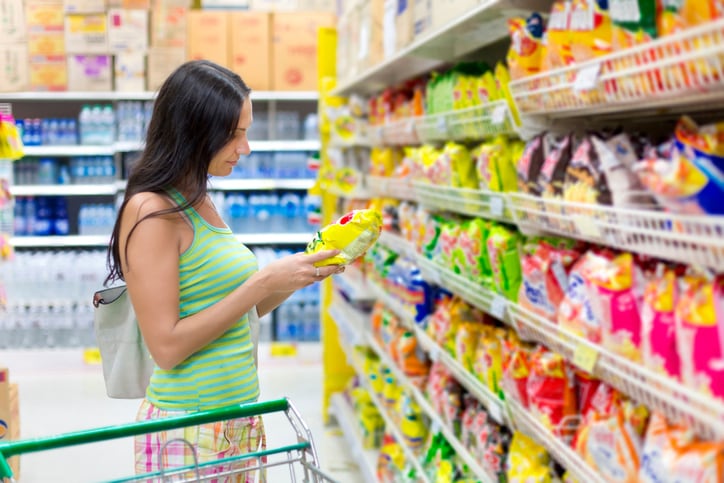‘Sunburnt and discoloured’: Japan steps up efforts to mitigate global warming impact on food security and quality
Japan is seeking to alleviate the impact of global warming on its domestic food supply chain after new data showed how rising temperatures are hitting crops and increasing food loss.
Japan’s Ministry of Agriculture, Forestry and Fisheries (MAFF) recently released the 2023 Global Warming Impacy Survey Report covering the impacts of high temperatures and other issues arising from climate change to agri-food supply chains, with particular focus on rice, fruits, vegetables and dairy.
“Several key agri-food products were found to have been impacted by global warming due to rising temperatures – for example this affected about 50% of rice crops nationwide all throughout Japan,” MAFF highlighted in the report.
Packaging with starch: Thai firm offers tapioca-based thermoplastic material as sustainable option for food industry
Thai Wah is aiming to use its tapioca-based thermoplastic starch (TPS) for its consumer food packaging to create a closed-loop solution starting with cassava cultivation and ending with eco-friendly waste that enriches the soil.
Under the Roseco closed-loop solution, cassava is cultivated, and starch is extracted to produce biodegradable and compostable packaging materials. After consumers use these products, they can break down into bio-compostable waste, which can be processed into compost or bio-gas for renewable energy. The compost generated enriches the soil, completing the eco-friendly closed-loop system.
Roseco was developed by Thai Wah, whose core businesses are divided into three main categories – tapioca starch and starch-related products, food products in retail, and the biodegradable packaging.
Plug and play: UMAMI Bioworks targets stability, safety, and customisation to drive cultivated seafood growth in South Korea
UMAMI Bioworks says it will tap into South Korea’s lead in novel foods in its latest collaboration with biotechnology firm KCell Biosciences and bioprocess solutions provider WSG.
With South Korea recently advancing regulatory approvals for cultivated meat, the partnership comes at a pivotal time for the industry.
It will both expedite the introduction of cultivated seafood products to the South Korean market and serve as a model for future partnerships across Asia.
One of the largest per capita seafood markets globally, South Korea presents a significant opportunity for the commercialisation of sustainable and ethical seafood solutions.
Slash the silos: Greater food industry collaboration needed in SEA to mitigate climate and supply threats
Greater cross-border collaboration across food chains is urgently needed in South East Asia to meet the rising threats of climate change, supply risks and geopolitical uncertainity.
As global challenges in food security escalate, the Indonesia-World Food Summit, held on September 5, 2024, at Fi Asia Indonesia, gathered key stakeholders from across the food industry, academia, government, and the private sector to discuss pathways toward a resilient and future-ready food system in South East Asia.
Opening the summit, Dr Sri Nuryanti, director of Food Insecurity Control at Indonesia’s National Food Agency, highlighted the urgent need for synergy across sectors to confront the region’s food security issues.
Food companies' regenerative ag strategies 'lack ambition'
Beef and dairy companies put greater focus on claiming lower emissions through regenerative ag practices over embracing the concept holistically, a new report has found.
Dairy and meat firms use regenerative farming practices in ways that don’t always take the bigger picture into account, a report into the climate strategies of 30 food and agriculture multinationals suggests.
Developed by non-profit NewClimate Institute and funded by the IKEA Foundation, the report (see 'sources' below) delves into how food majors including Danone and Nestlé are leveraging regenerative agriculture to reduce their climate impact – and whether these strategies stretch far enough.
The authors found that 24 of the 30 multinationals mention regenerative agriculture in their sustainability communication;18 definite it; 8 have quantitative targets; and 8 are piloting projects. However, corporate definitions of regenerative ag tend to be 'broad' and when it comes to quantifying results, few companies have frameworks in place.





